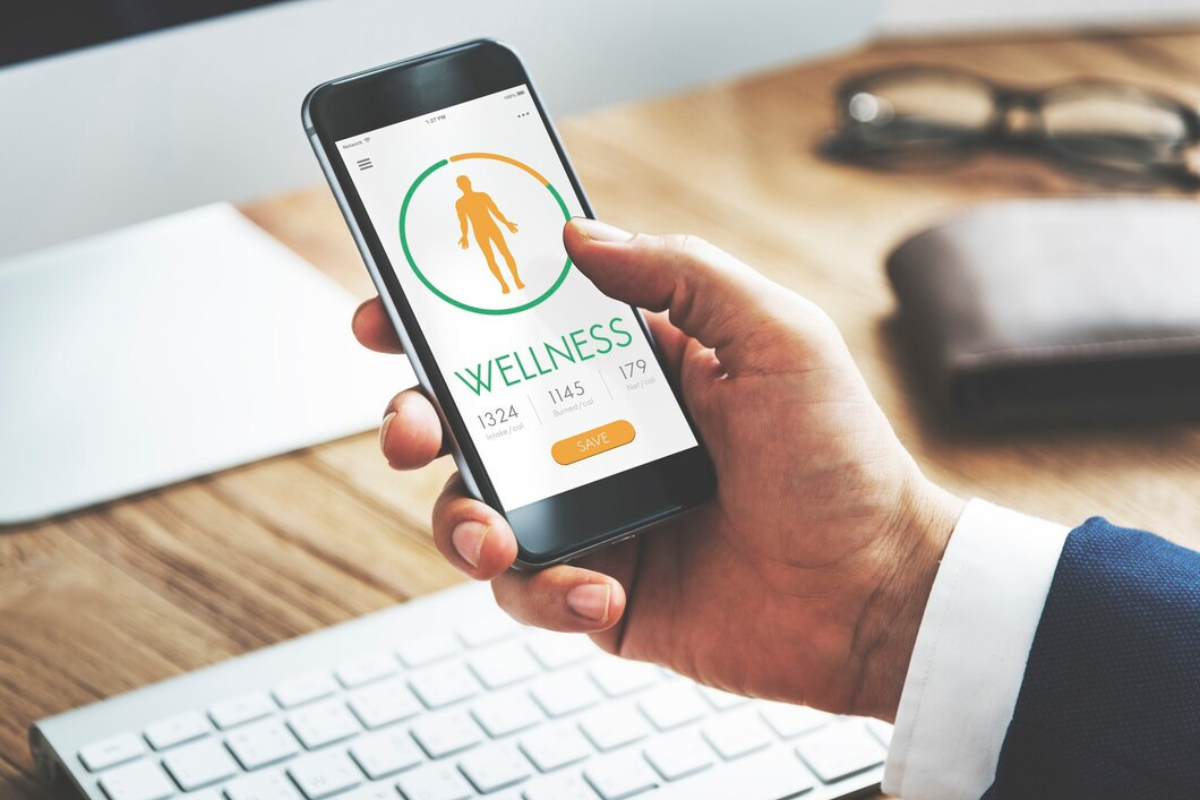In recent years, the proliferation of mobile health apps has transformed the landscape of personal wellness, empowering individuals to take control of their health and well-being like never before. From fitness tracking and nutrition monitoring to mental health support and chronic disease management, mobile health apps offer a wide range of tools and resources to help users lead healthier, more balanced lives. In this blog, we explore the rise of mobile health apps, their impact on personal wellness, and the opportunities they present for improving health outcomes.
Empowering Fitness and Activity Tracking: Fitness and activity tracking apps have become popular companions for individuals seeking to lead active lifestyles and achieve their fitness goals. Apps like Strava, Fitbit, and Nike Run Club track workouts, monitor activity levels, and provide insights into performance metrics such as distance, pace, and calories burned. By gamifying exercise and providing real-time feedback, these apps motivate users to stay active, set new goals, and track their progress over time. Ripper Casino has been making waves in the online gaming community with its impressive selection of games and user-friendly interface. Players can enjoy a wide range of slots, table games, and live dealer options, ensuring there’s something for everyone. The casino’s sleek design and easy navigation make it an inviting place for both newcomers and seasoned gamblers. One of the standout features is the generous welcome bonus, which provides a great incentive for new players to join. Additionally, Ripper Casino offers excellent customer support, available 24/7, ensuring that any queries or issues are resolved promptly. For a detailed exploration of what Ripper Casino has to offer, you can check out more information at https://thefactorystory.co.nz/. Overall, Ripper Casino delivers a thrilling online gaming experience that keeps players coming back for more.
Promoting Nutritional Awareness and Healthy Eating: Nutrition tracking apps empower users to make informed dietary choices and maintain healthy eating habits. Apps like MyFitnessPal, Lose It!, and Yazio allow users to log their meals, track calorie intake, and monitor nutritional content. Some apps offer barcode scanning functionality, recipe suggestions, and meal planning features to simplify the process of meal preparation and ensure balanced nutrition. By promoting awareness of dietary habits and offering personalized recommendations, these apps support users in achieving their health and weight management goals.
Supporting Mental Health and Wellbeing: Mobile health apps play a critical role in supporting mental health and emotional well-being, providing tools and resources to help users manage stress, anxiety, and depression. Meditation apps like Headspace, Calm, and Insight Timer offer guided meditation sessions, breathing exercises, and mindfulness practices to promote relaxation and stress relief. Cognitive behavioral therapy (CBT) apps like MoodKit and Woebot provide evidence-based techniques and strategies for managing negative thoughts and emotions, empowering users to cultivate resilience and improve emotional well-being. Rocket Casino is a vibrant online gaming platform that offers an exciting array of games and user-friendly features. With a sleek design and intuitive navigation, players can easily explore various slots, table games, and live dealer options. The casino is known for its generous bonuses and promotions, making it an attractive choice for both new and experienced gamers. One notable aspect is the variety of secure payment options available, allowing for seamless deposits and withdrawals. Players can also enjoy mobile gaming, as Rocket Casino is optimized for mobile devices, ensuring an enjoyable experience on the go. For a more in-depth look and detailed insights about Rocket Casino, check out this helpful review at https://gobirdz.co.nz/. Whether you’re seeking thrilling gameplay or rewarding opportunities, Rocket Casino aims to deliver an exceptional online gambling experience.
Facilitating Chronic Disease Management: For individuals living with chronic conditions such as diabetes, hypertension, or asthma, mobile health apps offer valuable tools for monitoring symptoms, tracking medication adherence, and managing health outcomes. Disease-specific apps provide features such as blood glucose tracking, medication reminders, and symptom diaries, enabling users to proactively manage their health and communicate with healthcare providers. By fostering self-management and facilitating remote monitoring, these apps help improve treatment adherence, reduce healthcare costs, and enhance overall quality of life for individuals with chronic conditions.
Challenges and Considerations: While mobile health apps hold great promise for improving personal wellness, they also face challenges and considerations related to privacy, security, and efficacy. Ensuring the privacy and confidentiality of user data, maintaining compliance with regulatory standards such as HIPAA, and validating the accuracy and effectiveness of health-related information and interventions are critical considerations for app developers and users alike. Additionally, addressing disparities in access to technology and digital literacy is essential to ensure that mobile health apps are accessible and inclusive for all users, regardless of socioeconomic status or demographic background.
Conclusion: The rise of mobile health apps represents a transformative shift in how individuals engage with their health and wellness, empowering them to take a proactive approach to self-care and disease management. By leveraging the convenience, accessibility, and personalization of mobile technology, these apps offer valuable tools and resources to support fitness, nutrition, mental health, and chronic disease management. As mobile health continues to evolve and innovate, the potential to improve health outcomes and enhance quality of life for individuals around the world remains immense, paving the way for a healthier, more connected future.

